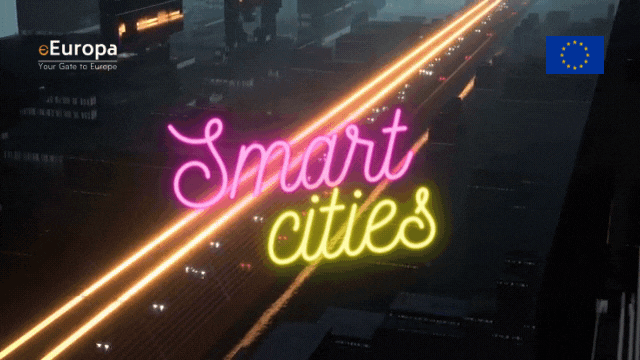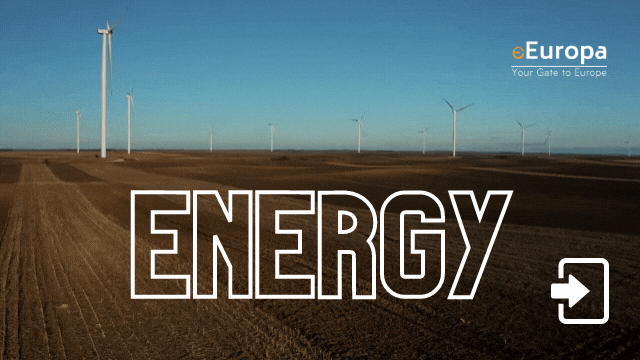|
Brussels, |
|
Smart Cities
Cities accommodate 75% of the European population. And this figure is expected to rise to almost 85% by 2050. As they are responsible for a significant production of greenhouse gases, the goal is to make energy use in cities more efficient, using all the most effective technological and legislative solutions.
Several EU policies, proposals and initiatives promoting more attractive and competitive urban areas, healthier and more sustainable place to live in, while also tackling climate challenges, are in place:
- the energy union strategy sets out the targets and actions to transform the European energy system into the most sustainable in the world
- the Urban Agenda for the EU promotes better laws, easier access to funding and more knowledge sharing on issues relevant for cities, bringing together the Commission, national ministries, city governments and other stakeholders
- the energy performance of buildings directive (EPBD) promotes smart technologies in buildings to increase their energy efficiency
- the EU Covenant of mayors for climate & energy brings together thousands of local governments, voluntarily committed to implementing EU climate and energy objectives in cities
- the strategic energy technology plane (SET Plan) promotes research and innovation efforts across Europe by supporting the most impactful technologies in the EU's transformation to a low-carbon energy system
- the Smart cities information system (SCIS), which provides a lasting repository of information on smart city projects and serves as a knowledge platform to exchange data, experience and know-how





